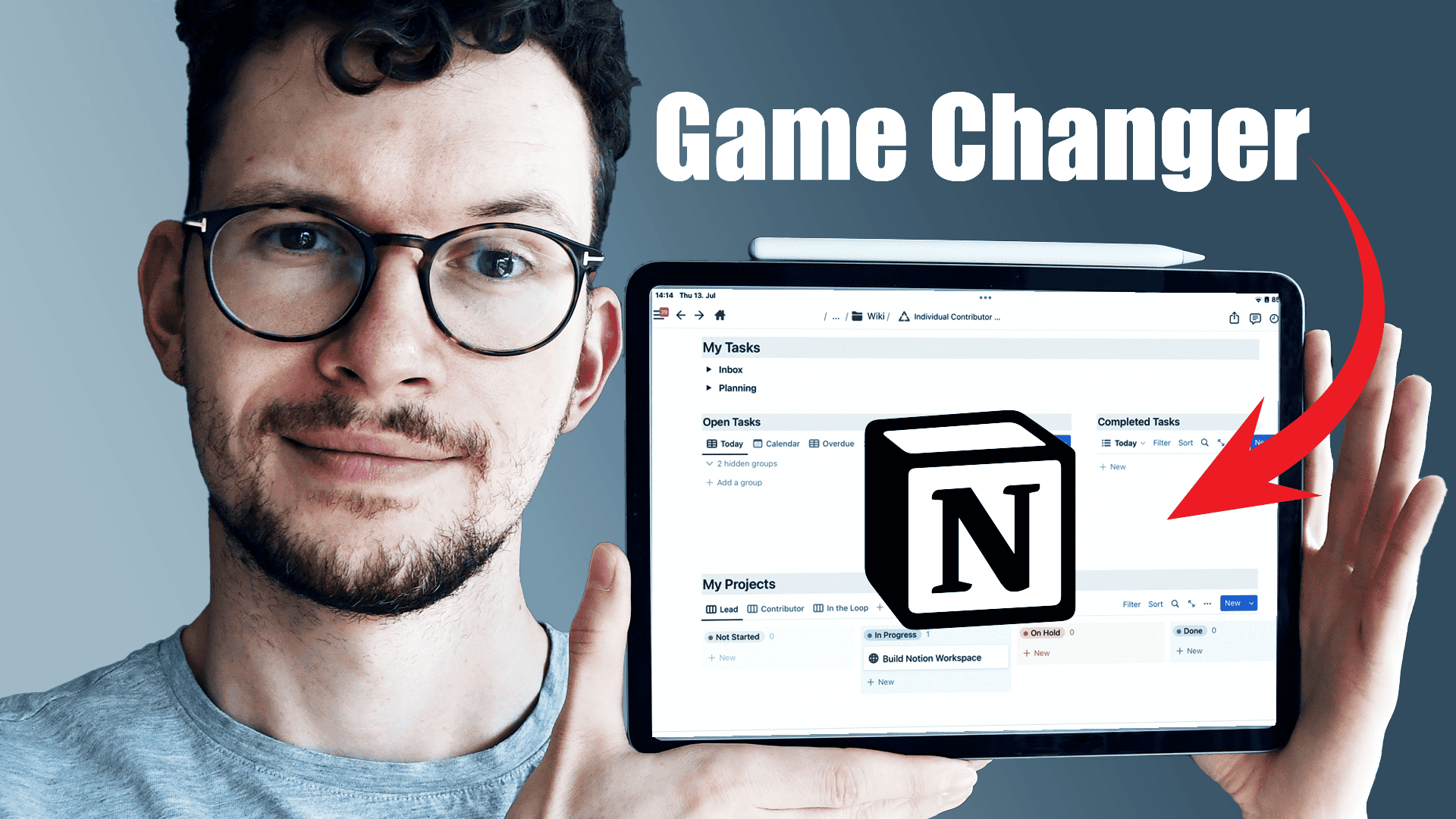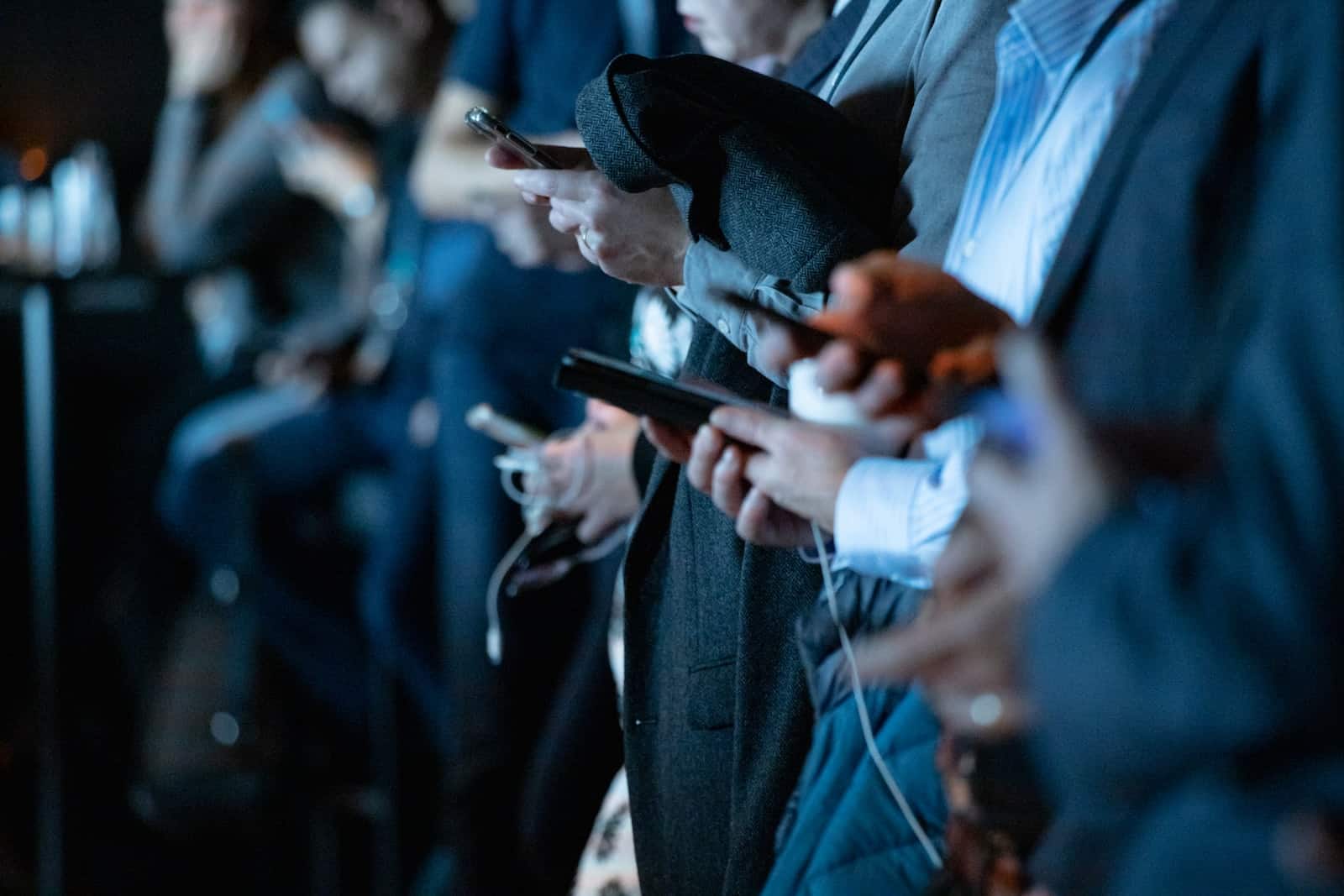How do you spend the first two hours of your day? Are you working towards your goals, ticking off one important task after another, continuously making progress? Or do you get swept away by a whirlwind of urgent things that just seem to have magically appeared on your to-do list? In other words, what’s your morning routine like?
One of the most impactful habits that I’ve adopted last year has to be this one: protect the first 25 minutes of your workday and dedicate them to your most important work. Here’s why you should do this and how you can get started:
This article is part of my Habit Challenge 2022 series – where I try out one new habit each month and create a Notion Template around it.
Why protecting your morning matters
Here’s why you should care about your morning routine.
The Planning Fallacy
In my work days, there’s a harsh but simple truth. If I don’t get it done by noon, chances are, I won’t get it done at all.
That’s partly because I am most definitely not an afternoon person and even though I don’t get sleepy anymore thanks to naps and a good sleep routine, I am far from being productive.
The second and much bigger factor though is something called the Planning Fallacy. It describes our inability to adequately guess how long a certain task will take. It’s why we keep putting 10 items on our to-do list even though we KNOW from experience, that we usually get 5 done at best.
In other words, the later you plan to do something in your day, the more likely it is that you’ll run out of time by then. Unexpected problems pop up, other tasks eat up more time or you simply get tired until you get to them.
If something is a priority, do it first (or as early as possible) in your day.
A better state of mind
Onto the benefit that surprised me the most, but that makes a lot of sense in retrospect. In the morning, you’re simply in a different state of mind.
Your brain is fresh from a night of rest and it has not been bombarded with inputs yet. Benjamin Hardy refers to this as a “slow state”, where your train of thoughts hasn’t picked up his full speed yet and thoughts are lingering for longer.
If you could look at your brain chemistry, then you’d notice higher levels of Norepinephrine, epinephrine, and dopamine – which will make it more likely for you to push through friction and work on hard tasks.
The most important thing however, isn’t so much how fast you get to work after you get up. It’s what you do in between that matters.
If your first instinct in the morning is to grab your phone to “quickly check the news” or just scroll a bit through your feed, then you bombard it with input.
Instead of associating freely or letting your subconscious wittle away at some problem, you’ve given your brain something very specific to care about. Something, that you probably don’t really need to think about.
The result? A much more noisy, chaotic and chattery brain.
If you do mediation, try this fun little experiment. Meditate first thing in the morning. Now do it once after scrolling your phone for 10 minutes. The difference is – quite literally – mindboggling.
1% better every day = 37.78 times better after a year
Lastly, 25 minutes might not sound like much, but you’d be surprised at just how much you can get done if you work on it for 25 minutes each day for a year.
That’s because we have a hard time understanding the power of compounding small gains.
Sure, checking your emails each morning for 25 minutes most likely won’t amount to much.
However, learn a new skill, start a side project or think about how your life is shaping up and your growth will massively pick up speed.
The difference between these two kind of 25 minute activities?
One of them focuses on the urgent; the ever present stream of tasks that seem to never stop – in other words, on surviving the short game.
The other tackles the important. Things that pay off later, where small benefits accumulate over time to create something bigger. You’re playing the long game.
How to get started with your new morning routine
Great so now we know that it’s important to protect our mornings. But how do we actually do that?
There are tons of morning routines out there on the internet (and one day I’ll surely write about mine). We’re just getting started here though so let’s focus on just one thing: how to protect the first 25 minutes of your day.
- Adjust your schedule. If you have a flexible work schedule and can simply slot in 25 minutes of deep work in the morning, awesome. But if you have a day job that requires you to start work at a certain time, then it’s time to revisit your mornings. What can you remove to make room for your deep work? If nothing else helps, it might be time to get up a bit earlier (while still getting 8 hours of sleep. Sleep is non-negotionable)
- Goodbye phone. Don’t look at your phone. Just don’t. Chances are, nothing has happened the past 8 hours while you were asleep that requires your immediate attention. If there’s an emergency, people usually call. You can catch up on the latest memes after you’re done with your 25 minutes.
- Turn your outcome goals into process goals. Now, what are you’re actually supposed to do in these 25 minutes? Here’s where process goals come in. Typically, we tend to set outcome goals (”I want to run a marathon”). They are great at giving us direction, but not so great at creating momentum towards actually achieving something. Instead, think about the system and habits necessary to get you closer towards your goal (”I will run for 30 minutes every day”). That’s your process goal. And that’s what you’ll do in your 25 minutes.
Need help with your morning routine? Here’s a free Notion Template
Protecting the first 25 minutes of your day can be hard. If you’re used to grab your phone first thing in the morning, then this will be a hard habit to change.
One easy trick that can make things easier is the use of a habit tracker. That’s why I designed a super simple Habit Tracker in Notion Template, that you can download below. Ditch your phone and be more present during your morning routine.


